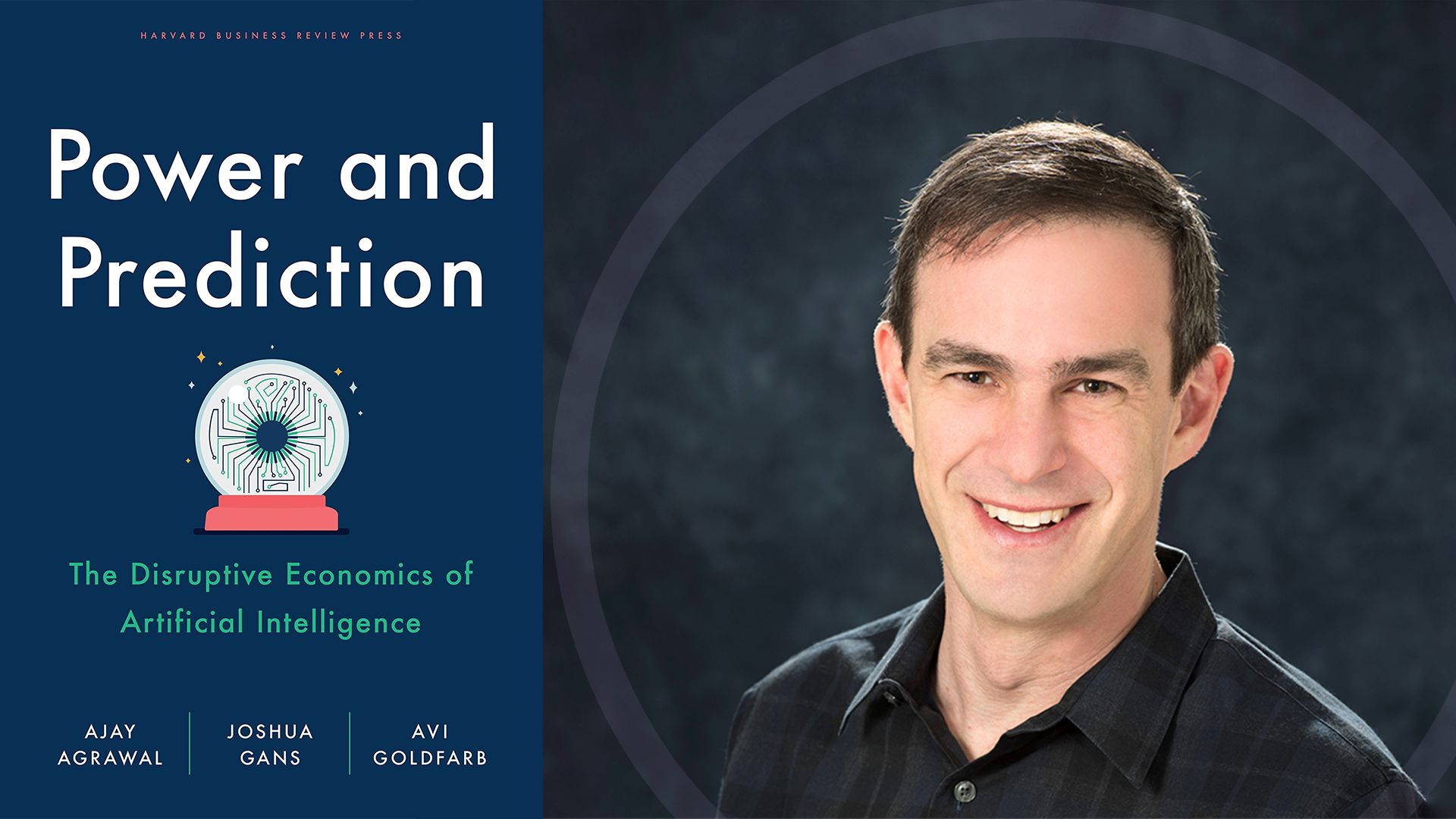
SRI faculty fellows advance interdisciplinary research on the social impacts of AI
The Schwartz Reisman Institute’s 2021–23 faculty fellows explored the social implications of new technologies, foregrounding the significance of ethics, equity, and human-centred values. Learn more about their research projects and how to apply for Schwartz Reisman fellowships.
Geoffrey Hinton fields questions from scholars, students during academic talk on responsible AI
U of T University Professor emeritus and “godfather of AI” Geoffrey Hinton delivered a lecture at Convocation Hall discussing whether large language models understand what they are doing and the existential risks posed by unfettered development of the technology he helped create.
Gillian Hadfield named one of seven AI2050 senior fellows by Schmidt Futures
Seven new senior fellows, including SRI Director Gillian Hadfield, have been selected by Schmidt Futures to solve hard problems in artificial intelligence through multidisciplinary research, with up to USD $7 million in support.
We, the Data: Wendy H. Wong on human rights in the age of datafication
In We, The Data, Wendy H. Wong argues that we need to reboot human rights to match the pressures of our data-intensive world. Exploring surveillance, facial recognition technologies, data rights, and more, Wong makes a compelling case for why the public needs to engage Big Tech as data stakeholders.
Luke Stark appointed inaugural SRI Scholar-in-Residence
Luke Stark, an assistant professor at Western University, has been appointed as the inaugural Schwartz Reisman Scholar-in-Residence. Stark’s work interrogates the historical, social, and ethical impacts of computing and artificial intelligence technologies, particularly those mediating social and emotional expression.
Transforming diabetes care: SRI researchers secure $900K grant for AI prediction and prevention network
A new AI-powered solutions network for predicting and preventing diabetes developed by SRI researchers Laura Rosella, Jennifer Gibson, and Shion Guha has received $900K in funding from CIFAR’s AI for Health Solution Networks grant program.
Training AI on machine-generated text could lead to ‘model collapse,’ researchers warn
Like an ouroboros—or snake eating its own tail—future AI models trained on the internet, where AI-generated content is expected to become ubiquitous, could end up devouring the problematic work of their predecessors.
How should we regulate frontier AI models?
The next generation of state-of-the-art foundation models could have capabilities that severely threaten public safety and global security. In a new multi-author white paper, the authors discuss the challenges of regulating frontier AI models, explore the building blocks of a potential regulatory regime, and suggest some minimum safety standards.
New research on training decision-making AI reveals insights into normative judgments
A new paper by Aparna Balagopalan, David Madras, David H. Yang, Dylan Hadfield-Menell, Gillian Hadfield, and Marzyeh Ghassemi describes how decisions made by machine learning models can be improved by labelling data that explicitly reflects value judgments.
Successful partnerships during health emergencies require effective governance strategies
In a recent article in PLOS Digital Health, SRI Graduate Affiliate Vinyas Harish explores how cross-sector partnerships can enable new technologies for more effective healthcare during emergencies, and the importance of robust governance frameworks.
Meeting the challenges of cybersecurity requires new regulatory solutions
Can government regulation benefit cybersecurity in the private sector? What requirements are needed to better assess threats and reduce vulnerability for Canadians? To answer these questions, SRI Research Lead David Lie led a panel discussion on the future of cybersecurity regulation.
Power and prediction: Avi Goldfarb on the disruptive economics of artificial intelligence
In his new book Power and Prediction: The Disruptive Economics of Artificial Intelligence, SRI Research Lead Avi Goldfarb makes a compelling case for how AI innovation will evolve, and why it will require systems-level changes to the ways public and private sector organizations make decisions.













